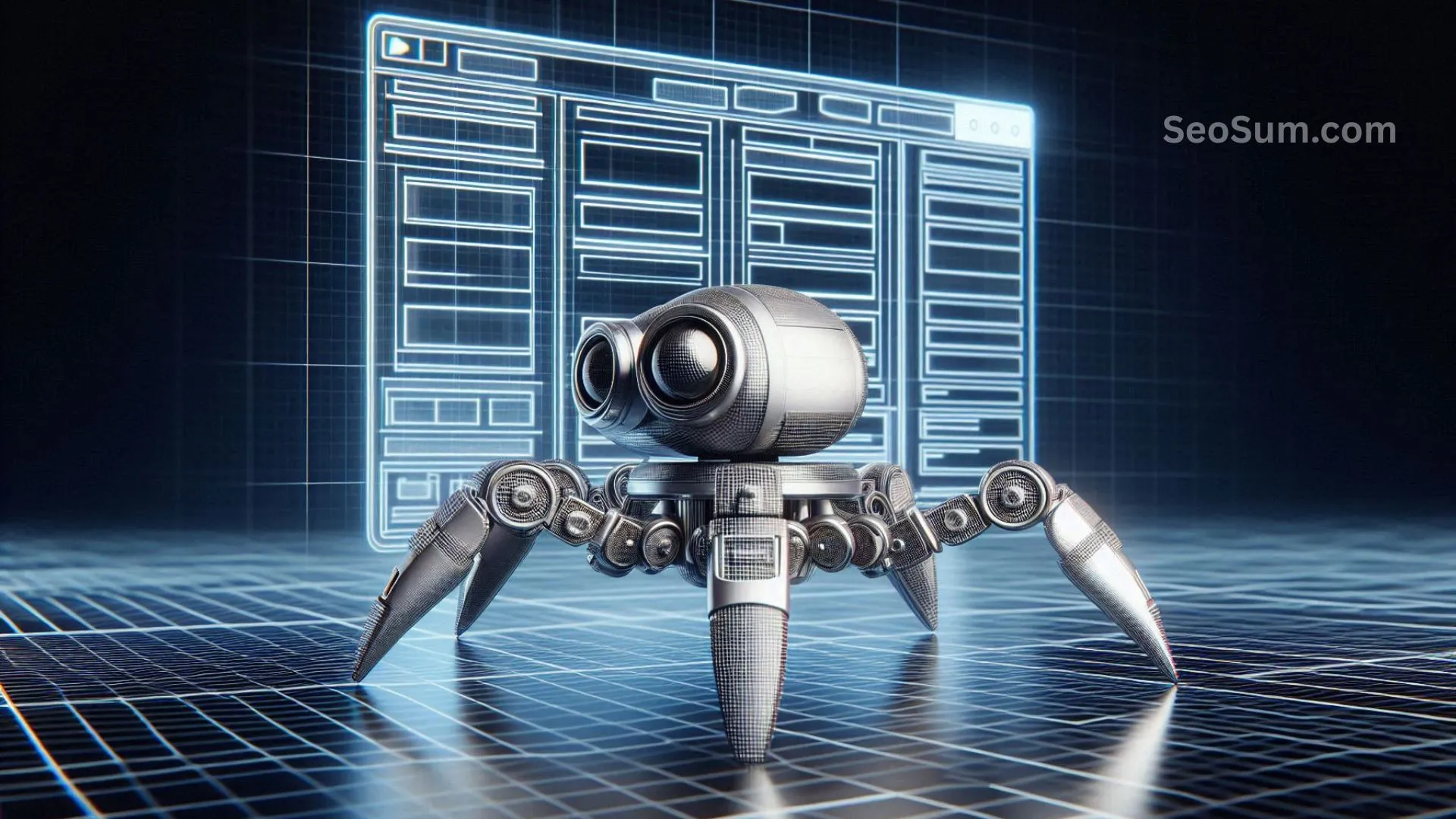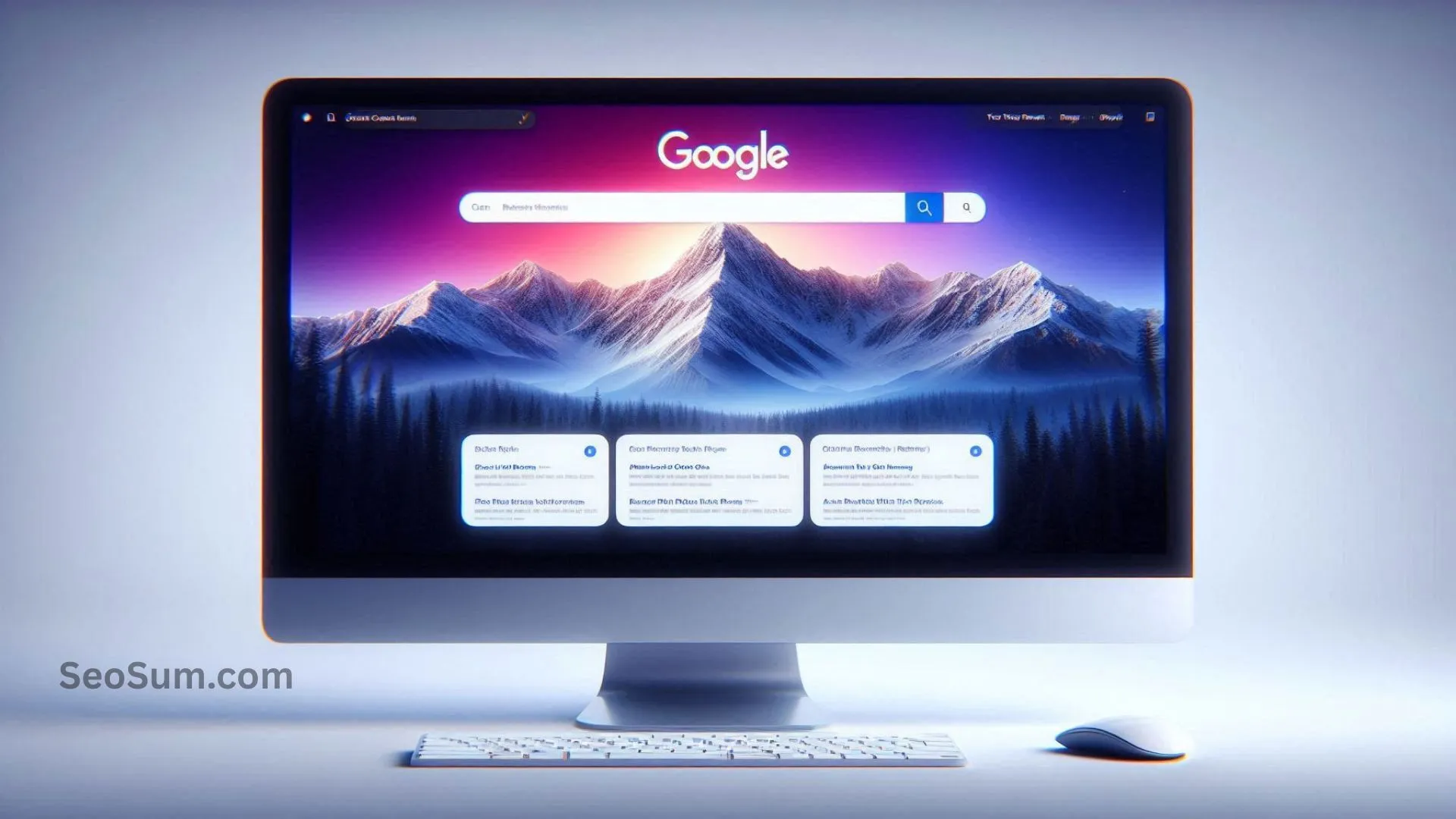They help people find the right information by sorting, organizing, and recommending content from across the entire internet. In this beginner-friendly guide, you’ll learn how search engines really work — from crawling and indexing to ranking content and dealing with penalties.
How to Use This Guide
Whether you’re just looking for a quick explanation or want to dive deep, this guide has you covered. Here’s what we’ll walk through:

P.S. Don’t forget to check out our free SEO resources if you want to keep learning!
🔍 How Do Search Engines Work?
Search engines go through three main steps:
Let’s break each of those down 👇
Also Read:Can a Blog Boost Local SEO?
🕷 Crawling – How Search Engines Discover Content

What it is:Crawling is when search engines send out bots (often called spiders) to browse the internet and find new or updated content. These bots check everything from blog posts to images and videos. It’s kind of like a librarian searching for new books to add to the library.
Why it matters:Without crawling, search engines wouldn’t know your site exists — and that means you won’t show up in search results.
How it works:Search engines decide which sites to crawl, how often, and how many pages to check. Since crawling uses a lot of resources, they try to be smart about it.
📂 Indexing – Storing and Organizing Content

What it is:Indexing happens after crawling. It’s when the search engine processes your content and decides whether or not to store it in its “library.” Not everything makes it in — duplicate or low-quality content often gets skipped.
Why it matters:If your page isn’t indexed, it won’t appear in search results. Simple as that.
How it works:Search engines analyze things like your page’s title, images, layout, and overall usefulness. If your content meets quality standards, it gets added to the index.
Also Read:What SEO Myths Should be Ignored?
📈 Ranking – Showing Up in Search Results

What it is:Ranking is when search engines decide which pages to show — and in what order — when someone searches for something. It all happens in a fraction of a second.
Why it matters:The better your page ranks, the more traffic you get. Ranking well builds trust, drives clicks, and grows your audience.
How it works:Search engines use complex algorithms to match your content with a user’s search. They consider things like content quality, search intent, page speed, device type, and location.
Also, make sure your crawling and indexing basics are covered. Revisit things like:
Also Read:How to Perform a Simple SEO Audit?
Penalties – When Things Go Wrong

What it is:A penalty is when search engines lower your rankings or remove your site altogether — usually because of spammy or shady practices.
Why it matters:Penalties protect search results from low-quality or misleading content. If your site gets hit, it can take a long time to recover.
How it works:Search engines detect problems either automatically or through manual reviews. If they find something wrong, they may take action — like hiding your pages or issuing a warning in Search Console.
Want to stay penalty-free and boost your SEO? Stick with white-hat strategies and focus on providing helpful, high-quality content for your visitors.
